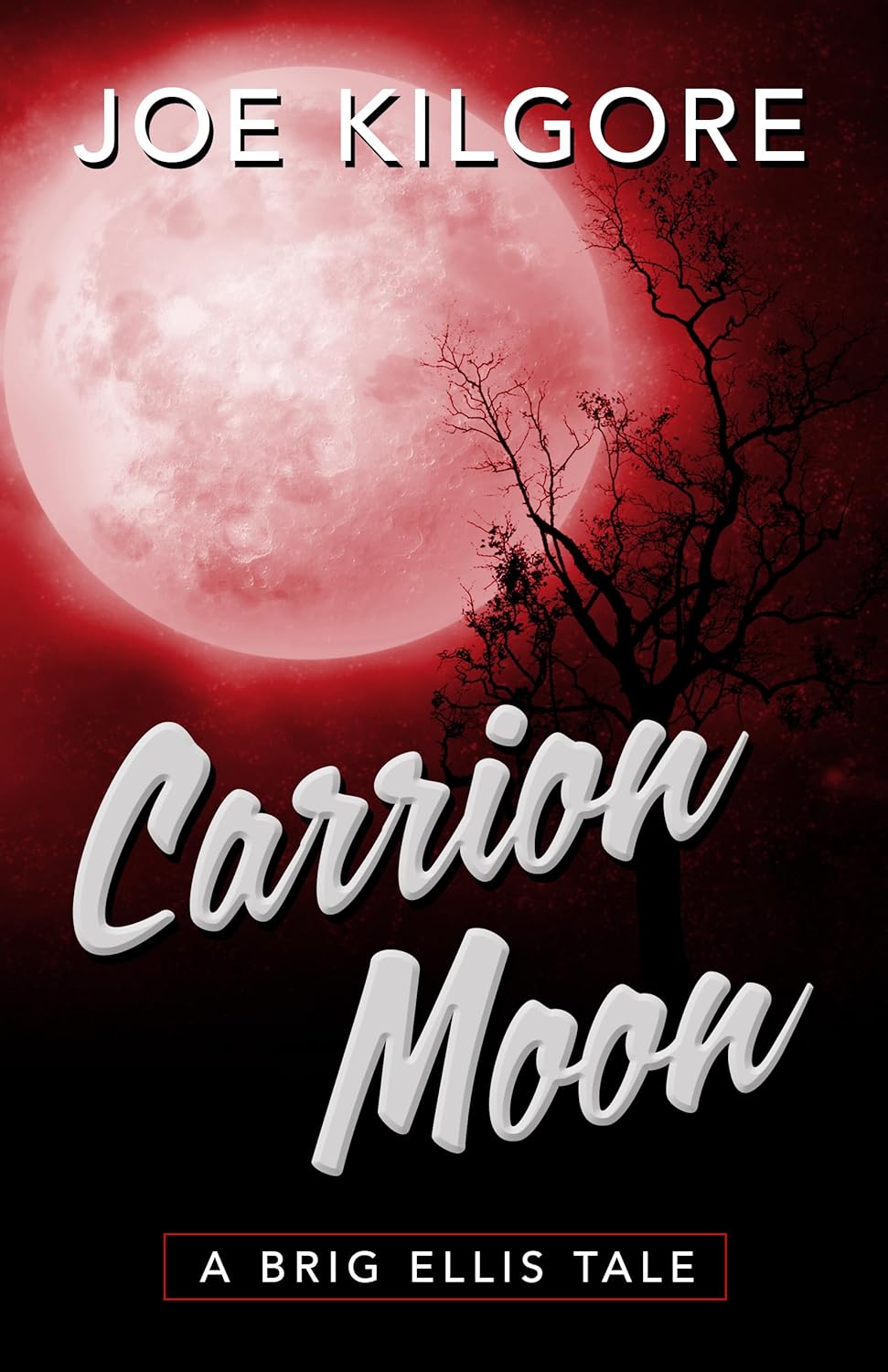Life imitating art imitating life, etc.
Wednesday, November 18th, 2009Here’s a review I did of Pete Dexter’s novel Spooner about a year ago. The paperback edition has recently been published. If you missed the hardcover, get the paperback. Any thing Pete Dexter writes is worth reading. And believe me, Spooner is a trip you’ll be glad you’ve taken.
Spooner, the most recent novel from Pete Dexter, is about life. Okay, I know what you’re saying, all novels are about life in one way or another. But Spooner is so full of life that it may well redefine what most readers think, when they think about novels about life. If that doesn’t seem to make sense, keep in mind that life often doesn’t make sense either. The author freely admits that a number of incidents in his life are used as jumping-off points for this novel’s collected incidents. If you’re a reader of Dexter’s work, you, like me, will realize that before he tells you so in the acknowledgements at the end of the book. But believe me, it doesn’t make any difference one way or the other. You’ll be enthralled with Spooner.
On the surface, its a story about one boy’s lifelong quest to understand and appreciate his stepfather. And perhaps more importantly, to be understood and appreciated by him. From a rural upbringing in the South to a suburban adolescence in the midwest to young adulthood in Philadelphia to middle-age and beyond in the Northwest, its a story that, like life, winds its way slowly and meanderingly through family ties from which none of us are immune.
Dexter’s easy way with words (easy to read, not to write) convince you that he’s in the room spinning his yarn with a pitch perfect down-home accent. His ability to take you from a quiet bucolic setting one moment, followed by a horrific incident the next, followed by a sense of love and warmth and understanding after that, is a high-wire walk not to be missed.
The protagonist of Spooner, a lad by the same name who seems a few cards shy of a deck, is an unpredictable bundle of trouble. He doesn’t try to be. It just seems to come naturally. His long-suffering mother, smarter sister and (eventually) smarter brothers all seem to live their lives more or less successfully, without anywhere near the mayhem that follows Spooner around like an unshakable storm cloud. Luckily, Spooner has Calmer, a stepfather on which all male parents should be modeled after. Not perfect to be sure. As in life, none of us are. But the kind of rock even the stormiest sea can’t seem to shake. Through each phase of his life, Spooner seems to find a unique way to screw up. And Calmer is always there, whether physically present or not, to help set Spooner straight and get him back on whatever bizarre path he’s set for himself.
It would be buzz-killing to go into any detail about the many wondrous things that happen to Spooner, and for that matter, Calmer, in Dexter’s 459 pages. It is in fact, a bit like a slow high turning page after page and being surprised, shocked, saddened, brought to tears in one chapter and giggling like a schoolgirl in others. The wonder of Pete Dexter’s mind, his eye for detail and insight into the workings of the human heart are about as pleasurable as reading can possibly be.
No one turns a phrase quite as surgically as Dexter. Charming one moment, jarring as a left hook the next. And no one else could have lived the life (even though it’s fiction of course) or written so lovingly about it, as Pete Dexter does in Spooner. Get it. Read it. Don’t worry about how long it takes. It’s the kind of treat you can put down and come back to again and again and still get the feeling you’re tasting it for the first time. The Fiction Fortune Hunter recommends anything you can find by this exceptional novelist. I plan to keep reading him until he quits writing. Lets hope that won’t be for a long, long time.
